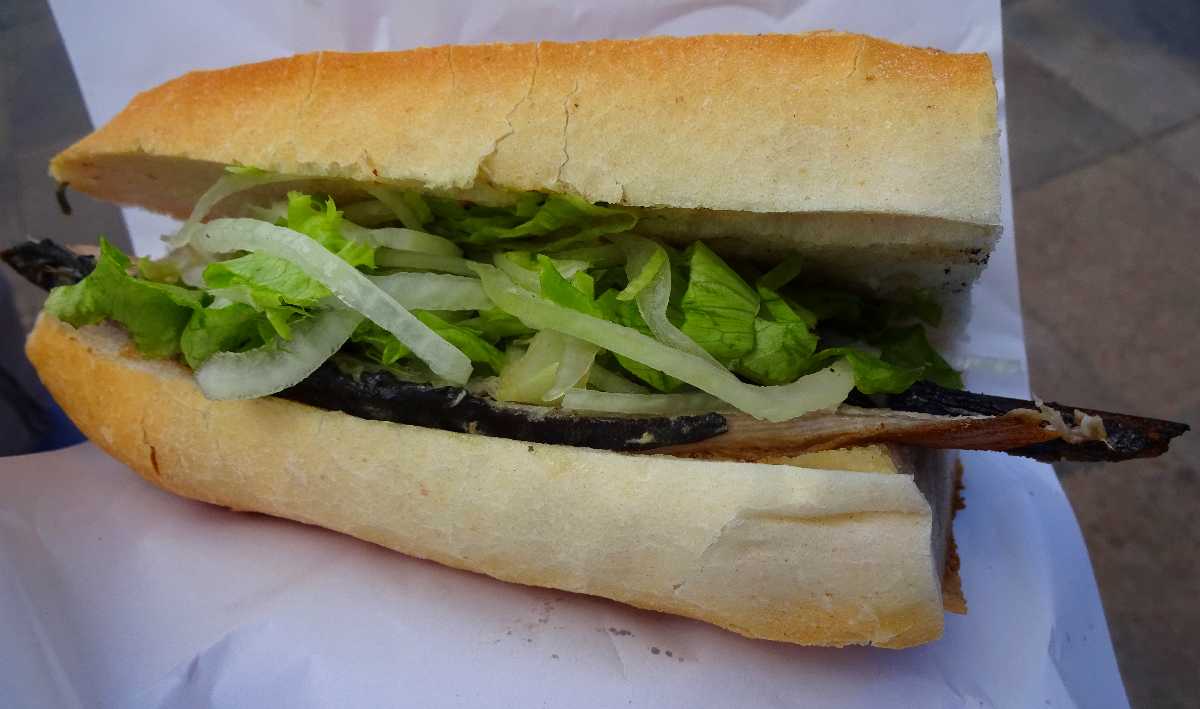Turkey is generally considered a safe country for tourists. Crimes against are relatively rare, and you can explore this country without any major or dangerous risks. However, you should know a few concerns and crimes before visiting for a safe and secure travel experience.
Common Risks and Crimes in Turkey
- Petty Theft: Pickpocketing and theft can occur in crowded places, tourist attractions, and public transportation. Be vigilant and keep an eye on your belongings.
- Transportation Risks: Traffic is Choas when you visit bigger cities like Istanbul and Ankara. Traffic accidents can happen, especially in busy cities. Follow traffic rules and use reputable transportation services.
- Nightlife Risks: In some nightlife areas, visitors may encounter scams, overcharging, or spiked drinks. Be cautious when enjoying the nightlife, and avoid accepting drinks from strangers.
- Protests and Demonstrations: Political protests and demonstrations can occur. Stay informed about the local situation, avoid participating in protests, and clear areas with ongoing demonstrations.
- Natural Disasters: Turkey is prone to earthquakes, especially in certain regions. Familiarize yourself with emergency procedures and stay informed about local seismic activity.
- Scams: Tourists may encounter various scams, especially in popular tourist areas. Be cautious of overly friendly individuals, unauthorized tour guides, or schemes aimed at extracting money.
Tourist Scams in Turkey
1. Unofficial Tour Guides
Be cautious of individuals offering unsolicited tour guide services. Official guides have badges and are registered. Avoid hiring guides on the spot and arrange tours through reputable agencies.
2. The Shoe Shine Scam
This is one of the oldest scams in Turkey. They sit in the corner of tourist attractions and ask to clean your shoes as a thank you. But after your shoes are cleaned, they ask a hefty charge for them, and when you refuse, they and their colleagues demand cash from you. Do not fall for this trick!
3. Taxi Scams
Some taxi drivers may overcharge or take longer routes to inflate fares, especially in Istanbul. Taxi drivers usually insist on taking a scenic route to increase the price of your journey. Many taxi drivers also use this technique of not having change and taking up the extra charge to make them wait. Always carry the exact change, or you can go into any nearby shop for change if you dont have any. Use reputable taxi companies, ensure the meter is used, and agree on a fare before starting the journey.
4. Currency Exchange Scams
This often happens when buying expensive items like jewelry, leather, and gold. For instance, you want to buy something, and after bargaining, the price comes up to 2000 Turkish lira, but after you hand in the credit card, the amount deducted is 2000 euros. Remember to always pay in the current currency and know the currency exchange rate. Be cautious when exchanging currency on the street. Use official exchange offices or banks, and check the rates beforehand to avoid scams.
5. Overcharging in Shops and Restaurants
In some tourist areas, establishments may overcharge tourists for goods or services. Always check prices, ask for a menu with prices before ordering, and be clear on the cost of items.
Is Turkey Safe for Women Travelers?

Turkey is generally considered safe for female tourists, and many women travel without encountering major issues. There is ample security for female travelers in all the places, and the rate of crimes against women is relatively low. But here are some precautions to be taken for solo female travelers
- Dress Modestly: While Turkey is diverse and tolerant, particularly in larger cities, it's advisable to dress modestly, especially in more conservative areas and when visiting religious sites.
- Use Reputable Transportation: Choose reputable transportation options, including official taxis and well-known ride-sharing services. Avoid accepting rides from strangers.
- Stay in Well-Lit Areas: When exploring cities at night, stick to well-lit and populated areas. Avoid poorly lit or deserted streets.
- Stay Informed: Be informed about the local culture, customs, and current events. Follow travel advisories and stay updated on any safety concerns.
- Trust Your Instincts: Trust your instincts. If a situation feels uncomfortable or unsafe, remove yourself from it and seek help if necessary.
- Use Reputable Accommodations: Choose reputable accommodations in safe neighborhoods. Research reviews and ratings before booking.
- Have Emergency Contacts: Keep a list of emergency contacts, including local authorities, your country's embassy or consulate, and contact information for someone back home.
Health Standards in Turkey

- Food and Waterborne Diseases: Travelers to Turkey should be cautious about food and water hygiene to prevent illnesses such as traveler's diarrhea, typhoid, and hepatitis A. Drinking only boiled or bottled water and avoiding consuming raw or undercooked foods is advisable.
- Insect-Borne Diseases: Insects can transmit diseases such as leishmaniasis and Crimean-Congo hemorrhagic fever. Travelers should take precautions, including using insect repellent and staying in insect-proof accommodations.
- Respiratory Infections: Like in many places, respiratory infections, including tuberculosis, can pose a risk. It's important to practice good respiratory hygiene and be aware of potential sources of infection.
- Sun Exposure: Turkey has a sunny climate, and sun exposure can lead to sunburn and heat-related illnesses. Use sunscreen, wear protective clothing, and stay hydrated.
Safety Tips for Tourists in Turkey
- Stay Informed: Keep yourself updated on the current situation in Turkey, including travel advisories and any local news that may affect your plans.
- Secure Your Belongings: Keep your belongings secure, especially in crowded areas and public transportation. Use anti-theft bags and be cautious of pickpockets.
- Choose Reputable Accommodations: Select accommodations with positive reviews in safe neighborhoods—research online before booking to ensure a reputable stay.
- Use Official Transportation: Opt for official taxis, recognized ride-sharing services, and reputable transportation options. Be cautious of unregistered or unofficial transport.
- Emergency Contacts: Keep a list of emergency contacts, including local authorities, your country's embassy or consulate, and someone back home.
- Beware of Scams: Be cautious of scams, including fake tour guides, overcharging in shops and restaurants, and currency exchange scams. Verify details before making any payments.
